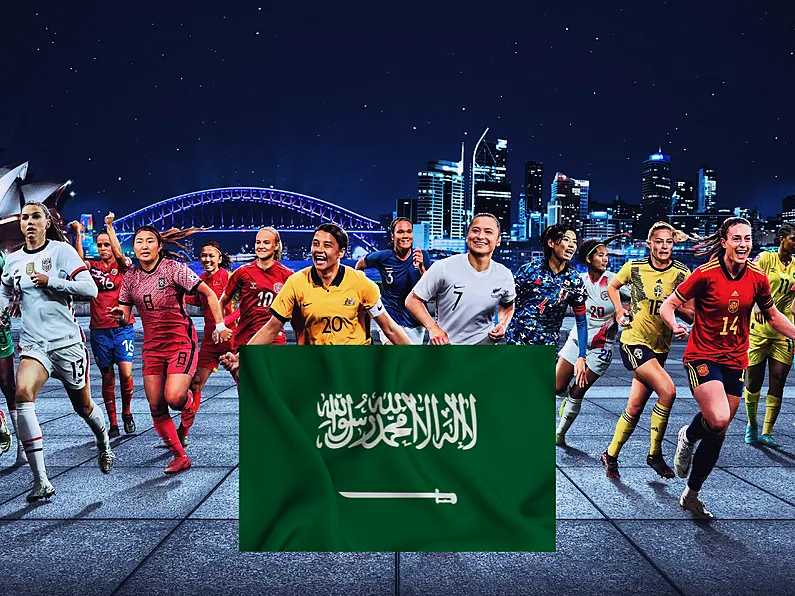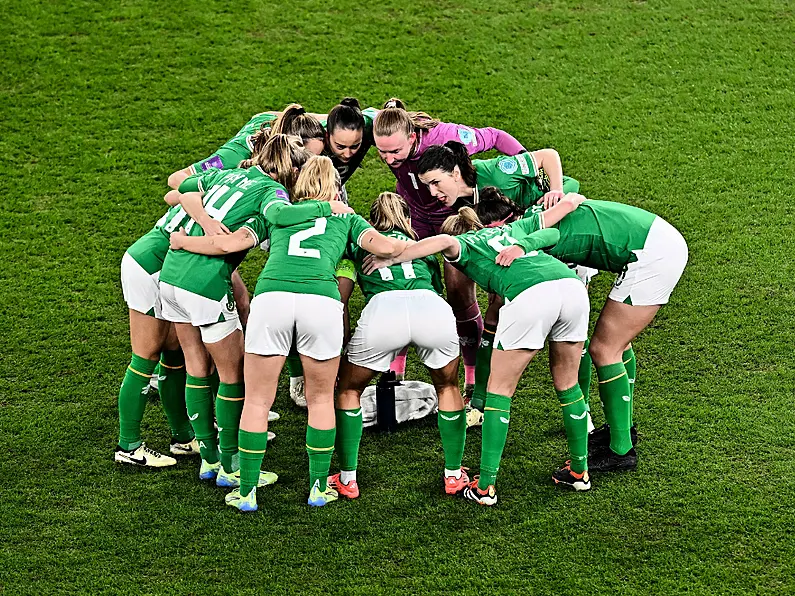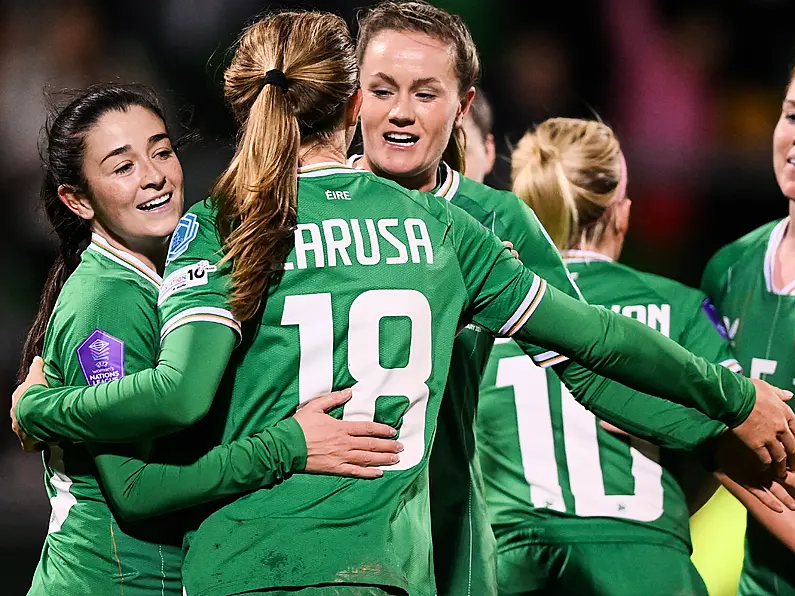In recent years, Saudi Arabia has been investing heavily in sports, hoping to position itself as a regional hub for sports and entertainment. However, the country has been facing increasing criticism over its human rights record, particularly its treatment of women. This criticism has recently extended to the world of sports, with FIFA admitting defeat and now will not allow Saudi Arabia to sponsor the 2023 Women's World Cup. The decision comes after significant pressure from human rights organizations, who argued that FIFA should not be associated with a country that has such a poor track record on women's rights.
At the FIFA congress in Kigali, Rwanda, Gianni Infantino said: “I can clarify that there were discussions with Visit Saudi. At the end this discussion didn’t lead into a contract. How do you say it? It was a storm in a water glass. A storm in a teacup.”
The decision was made by FIFA president Gianni Infantino, who has been facing increasing scrutiny over his ties to Saudi Arabia. Infantino had previously visited the country and met with Crown Prince Mohammed bin Salman, who has been accused of ordering the murder of journalist Jamal Khashoggi.
In a statement, FIFA said that it had decided not to pursue a sponsorship agreement with the Saudi Arabian Football Federation for the 2023 Women's World Cup, citing concerns over human rights. The statement went on to say that FIFA remained committed to promoting women's football and that it would continue to work with all stakeholders to ensure that the tournament was a success.
The decision was welcomed by human rights organizations, who praised FIFA for taking a stand against Saudi Arabia's human rights abuses. Amnesty International's Saudi Arabia campaigner, Felix Jakens, said that FIFA had "done the right thing" and that the decision would send a message to other countries that "if you want to be involved in the world of sport, you need to respect human rights."
However, the decision was not universally praised. Some critics argued that FIFA was being hypocritical by criticizing Saudi Arabia's human rights record while continuing to work with other countries that have similarly poor records. Others pointed out that FIFA had only made the decision after coming under significant public pressure and that the organization still had a long way to go in terms of promoting women's football and standing up for human rights.
In February, USA forward Alex Morgan questioned the possible sponsorship deal between FIFA and Saudi Arabia’s tourism authority for the upcoming Women’s World Cup in Australia and New Zealand this summer. “I think it’s bizarre that FIFA has looked to have a ‘Visit Saudi’ sponsorship for the Women’s World Cup when I would not even be supported and accepted in that country, so I just don’t understand it,” Morgan said. “Pretty much everyone has spoken out against that because morally, it just doesn’t make sense.
Earlier this month, FIFA's decision to appoint supermodel Adriana Lima as an official 'Global Fan Ambassador' for the Women's World Cup was met with criticism from former football administrators, players, and gender equality campaigners. Critics called Lima's appointment "tone-deaf" and sends the wrong message to female athletes who want to be treated as equals to men. Read the full artcile here.












